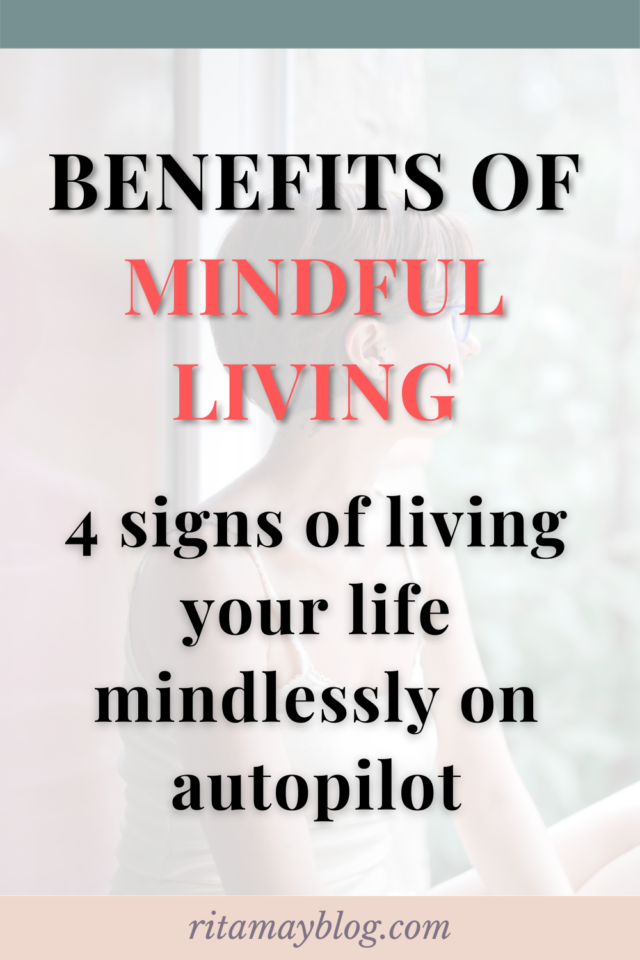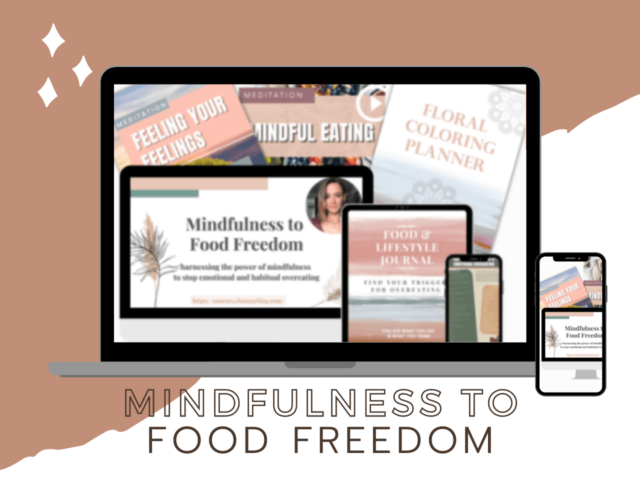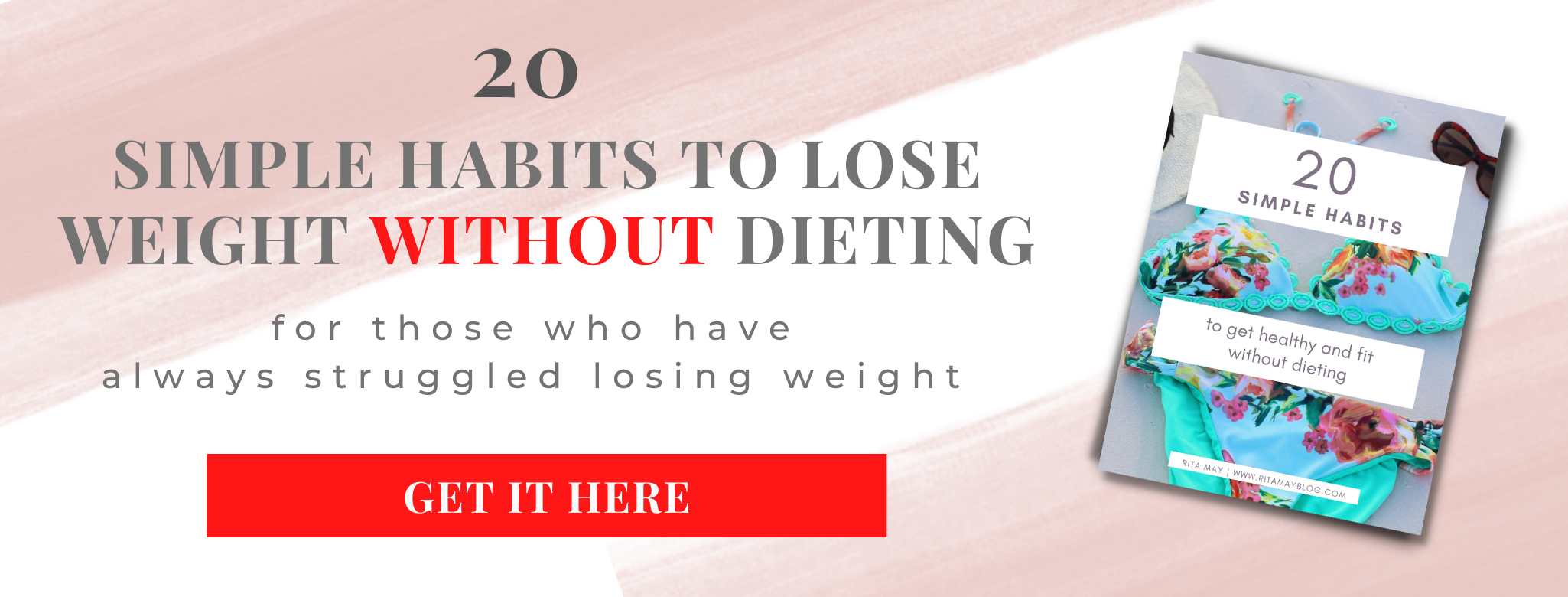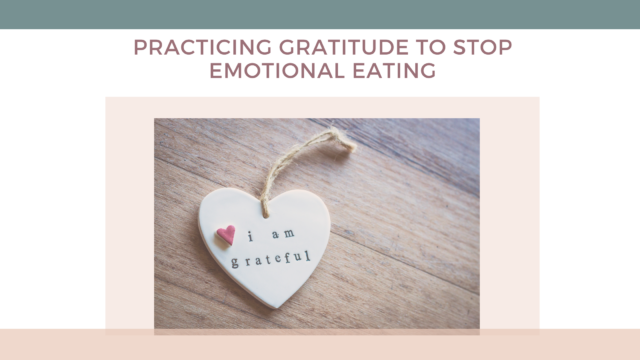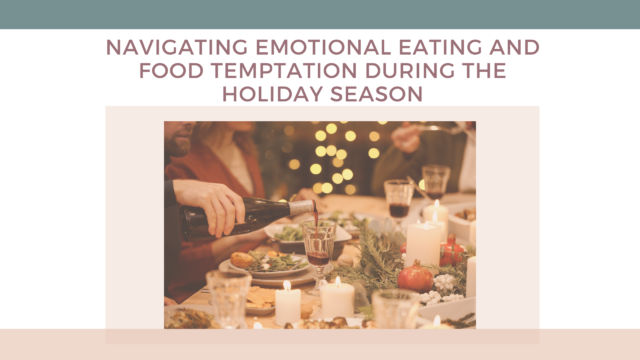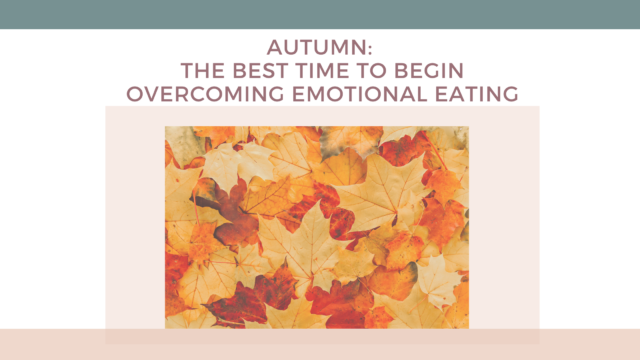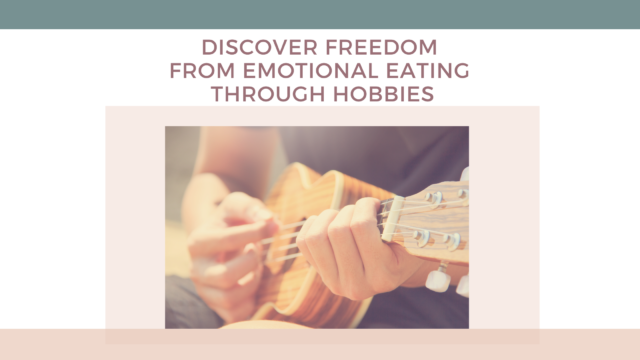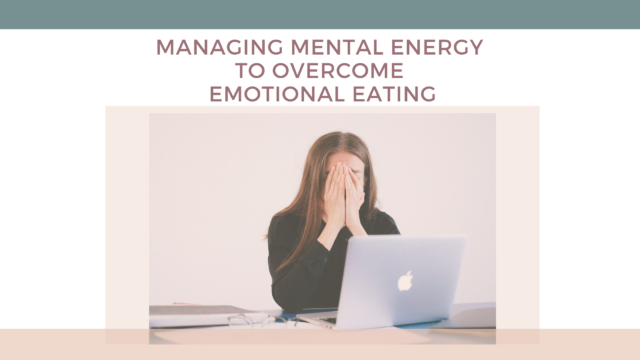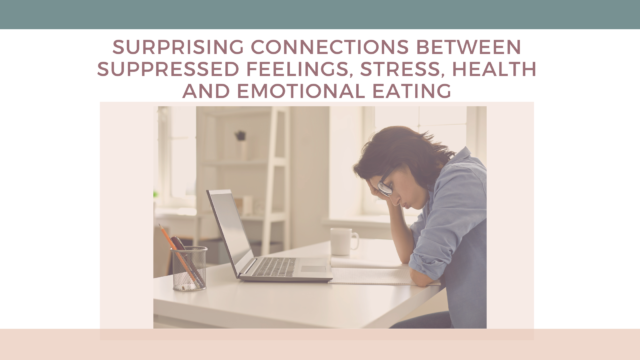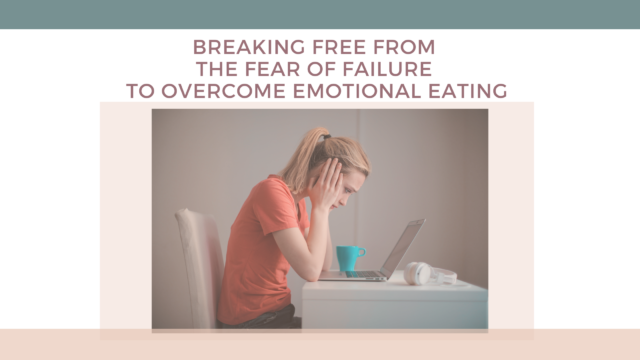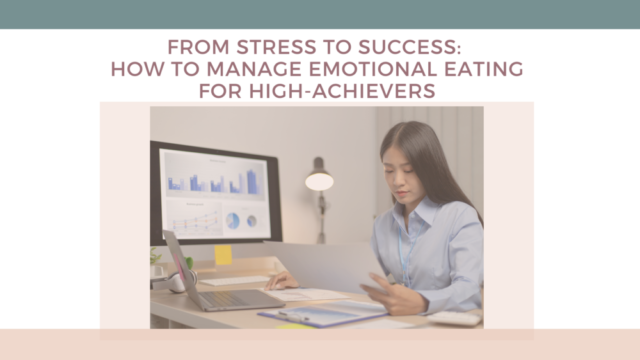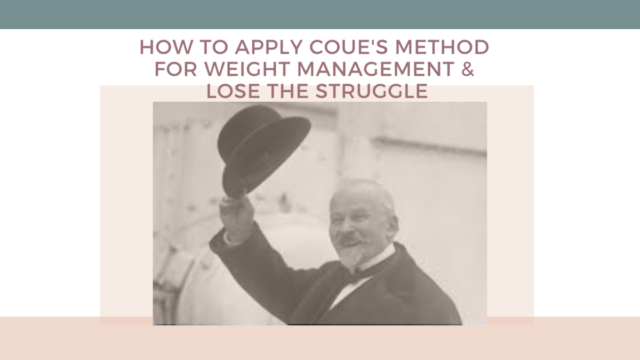The Benefits of Mindful Living
Mindfulness has become a buzzword in recent years. Mindful living is a practice that involves being fully aware of the present moment and turning your attention to the current experience.
The benefits of mindful living are endless. It can help you eat better, sleep better, and feel more connected to yourself and others. Mindful living also teaches you how to be more accepting of things that are out of your control.
Other benefits of mindful living are:
- A more balanced life
- More self-compassion and less self-criticism
- Higher levels of creativity, focus, and productivity
- A sense of connection with others and the world around you
- Improved moods and overall well-being
For many people, mindful living is not natural. They tend to live on autopilot. The problem with this is that autopilot mode often amps you up.

Mindful Living Creates A Judgement-Free Zone
Instead of reacting emotionally to situations like people do on autopilot, you can choose to focus on the current moment without letting your emotions take over.
The more mindful you are, the less likely you are to react in an emotional way. Mindfulness gives you a chance to see the situation for what it really is and not what your emotions tell you it is.
Mindful living creates a judgment-free zone.
Mindful Living Makes You More Appreciative
During unenjoyable moments, like while you’re cleaning your home or compiling boring data for a client, it can be tempting to let your mind wander. But part of mindful living is staying in the moment, even if that moment is unpleasant or uncomfortable.
However, just because you’re staying aware during an unpleasant moment, you don’t have to give in to feelings of negativity. Instead, focus on giving thanks.
For example, you might say something like, “I’m grateful that I have enough clients to pay my bills” or “I’m blessed to have a home to clean”. Now, you’ve managed to stay in the moment without letting yourself focus on the negative.

Mindful Living Improves Your Mood
Few things can improve your mood quite like mindful living. Often, anxious thoughts are the result of worrying about the future while sad thoughts are related to regretting the past.
Mindful living helps because it forces you to stop overthinking. Unless there’s something you can do to change your past, you have to accept what’s happened in your life. If you do find that you’re frequently haunted by regrets or always worrying about tomorrow, it might be smart to speak to a trained counselor who can help you move on.
Mindful living is one simple way to improve your life. Try to spend a week focused on mindful living and see how your thoughts change.
Journal Your Thoughts
- What are some regrets from your past that you carry around? Have you talked to a trusted friend or mentor about these regrets?
- What are some worries about the future that you find yourself fixating on? Do you really believe that worrying changes the future? Why or why not?
- Mindful living sometimes involves acknowledging unpleasant feelings. What do you normally do when you feel strong emotions? Do you explode on everyone around you? Do you stuff your feelings deep down and use food to suppress your feelings? Talk with a loved one? Ask for support?
4 Warning Signs You’re Living Life Mindlessly
We have a lot of responsibilities in our lives, and it is easy to get overwhelmed. But when we start to worry about things that don’t matter or neglect other things in order to cope with our worries, then we are living life on autopilot.
Susan was driving her son to his swimming training. She spent most of the drive worried about having an argument with her boss. When she arrived at her destination, she realized she was actually at the grocery store, not at the swimming pool. She quickly turned her car around and managed to take her son to the training on time.
What Susan realized at the grocery store was that she had been on “autopilot”. In other words, she wasn’t fully present in that moment.
Researchers say that the average person spends over half their time on autopilot. The problem with living on autopilot is that you aren’t actively engaged in the moment so you’re missing out on your life. Here are four warning signs that signal you’re living on autopilot.

Constantly Checking Your Phone
Every time you a few minutes when you have nothing to do, you check your phone. You check emails at red lights. You respond to text messages when you’re in the waiting room. You dictate your to-do list into your phone while you’re driving. You’re constantly connected to your smartphone, but you’re disconnected from the world around you.
Eating Mindlessly
This is one of the most common problems people face when they eat. They are not aware of what they are eating and how much they are eating.
You notice your empty plate but you can’t remember what your food tasted like or you’re surprised to find you’ve eaten more food than you thought you did. This type of disconnect between your body and mind can lead you to overeat and not enjoy your meals.
This habit also leads to obesity and other health-related issues.
To avoid this, you should try to eat mindfully. It means that you try to be fully aware of what you are eating, how much you’ve eaten, and the taste of the food.
This 7-minute visualization meditation video helps you start trusting your body again after years of dieting.
If you have been following diet rules for years and had to eat what and when your diet plan allowed you to eat it can be hard to start to listen to your body’s signals again.
This meditation video with beautiful images helps you eat and live more intuitively and mindfully while listening to your body’s inner wisdom. If you ever wish to become a normal eater and stop eating emotionally, it’s important to change your identity and reprogram your subconscious mind to that of a normal eater.
My Mindfulness to Food Freedom course shows you the exact steps to break free from emotional and binge eating and become a natural eater using mindfulness.
Frequently Complaining
Everyone complains to some degree, whether it’s your noisy neighbours or having to deal with your demanding boss. But if you notice that you’re frequently complaining about the same things, then you might be living on autopilot.
When you’re on autopilot, it’s tough to notice the good things in your day like the cashier that asked about your day or the gentleman in line who gave you his spot. You can’t enjoy the pleasant things in life if you’re always focused on the negative.
We all know that living on autopilot can be bad for our mental health. But we also know that it’s hard to break out of the routine. So what can you do?
The first step is to identify what you are complaining about and why. Once you have identified your triggers, think about how you can change your behaviour and choose a more positive response. If this still doesn’t work, consider seeking professional help from a therapist or counsellor.
Letting Life Happen to You
It’s all too easy to let life happen to you. But when you let life happen to you, you spend the majority of your time reacting to life, rather than living it.
This can be a problem because when we’re reacting, it’s usually because something bad has happened and we’re trying to fix it. This is exhausting and stressful. And if we’re always in that place, then our lives become reactive rather than proactive.
If you’re in a crisis, then this can be a good thing. It means you’re focused on survival and that you don’t have time to tackle anything else.
But if you’re not in the middle of a crisis, then you need to disengage the autopilot. Stop accepting what’s happening as if you have no control over your life.
If you want to lose weight, get married, or move somewhere else, write those goals down and start taking action. It’s true you can’t lose 100 pounds in a day, but you can focus on exercising for 20 minutes today. You may not be able to get married tomorrow but you can sign up for a dating service today.
Living on autopilot is a habit and disengaging from it does take effort. But take it one moment at a time and it will get easier.
My Healthy Habits for permanent weight loss course help you build healthy habits and keep them for life.
Journal Your Thoughts
- Describe a situation where you had a mix-up like Susan because you were running on autopilot.
- List three common activities you do on autopilot. Why do you think you do these tasks on autopilot?
- How often do you find yourself reaching for your phone to check for messages or calls during a typical day?
Did you find this post useful?
If you liked it please share it.
